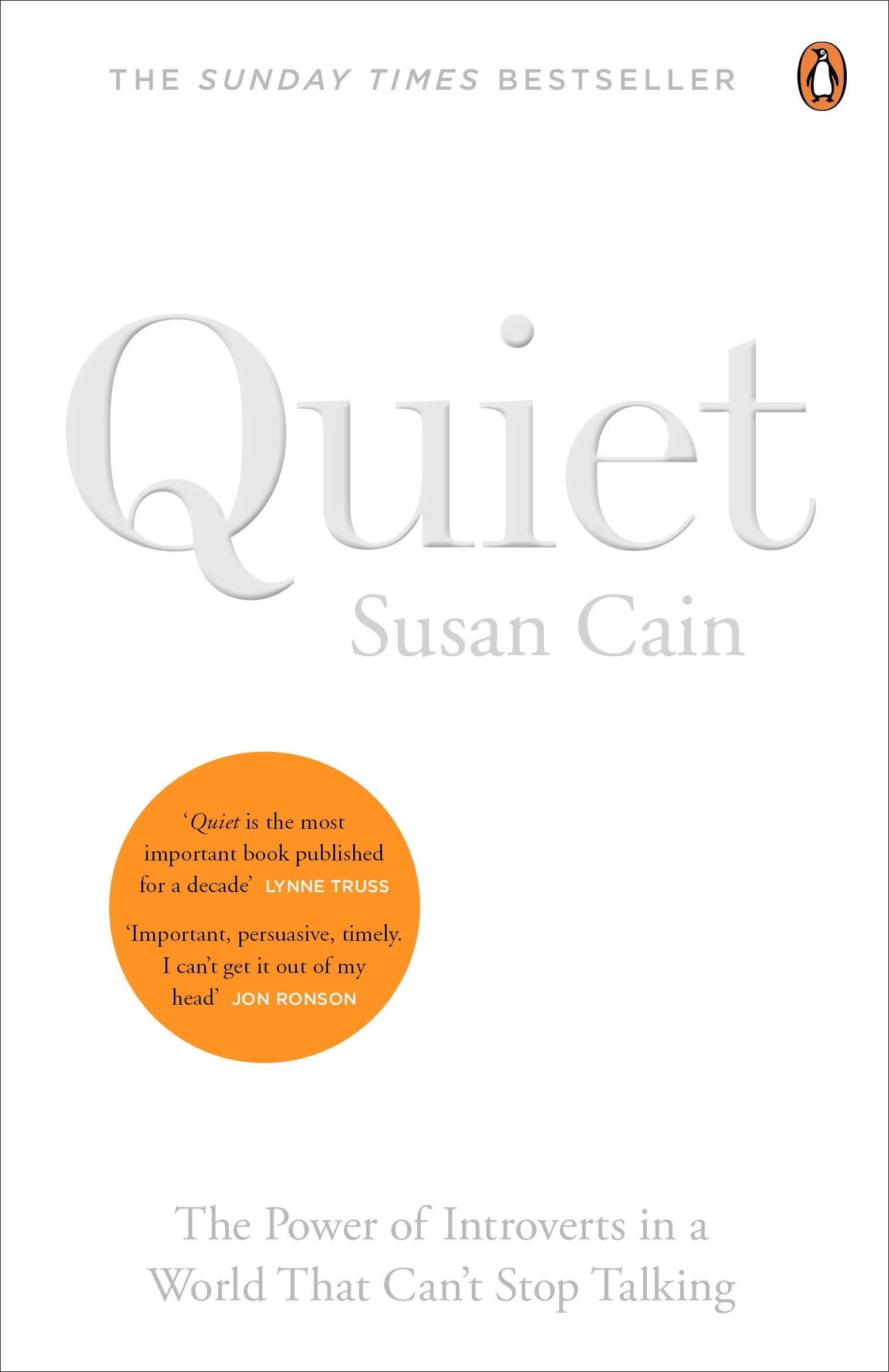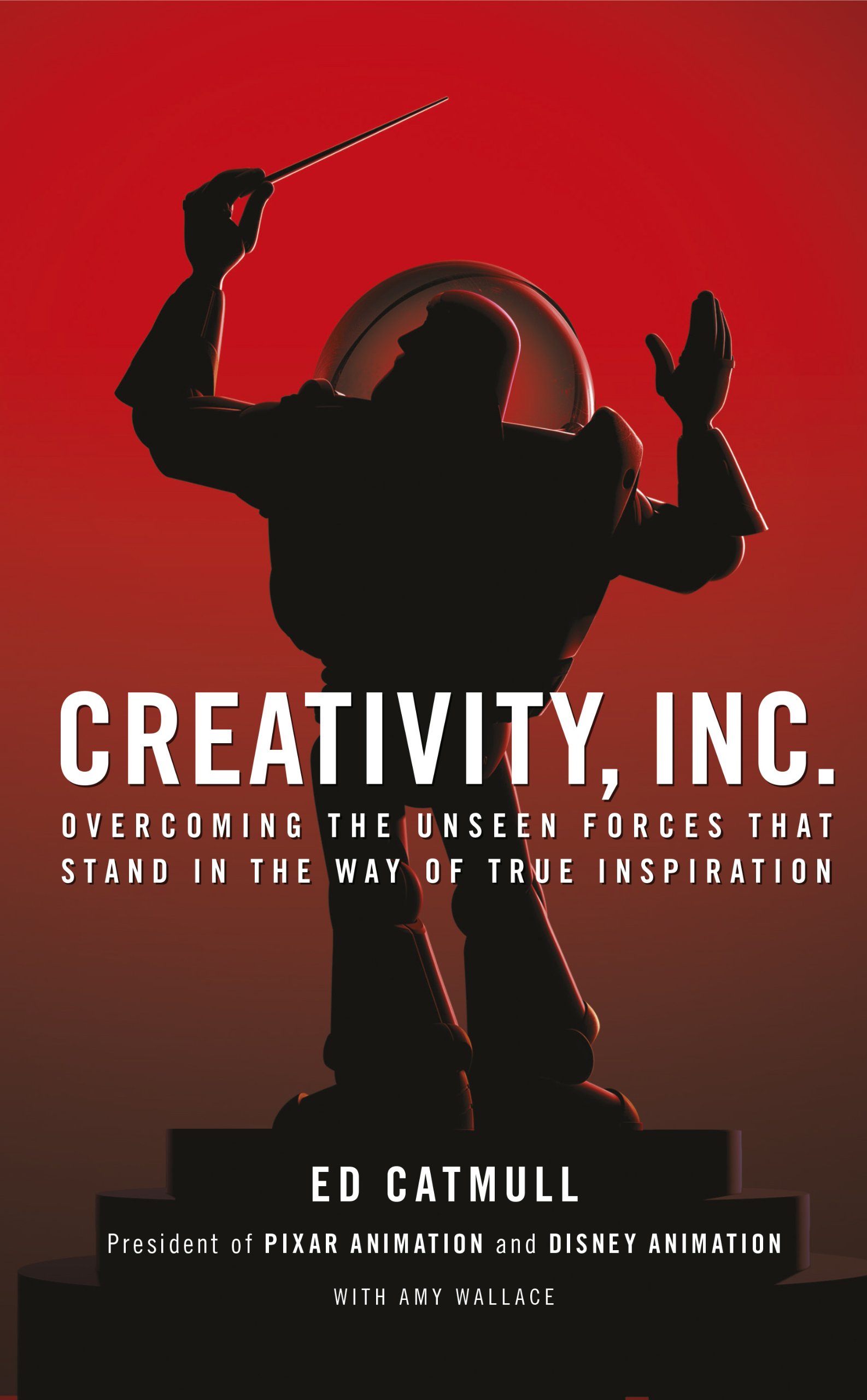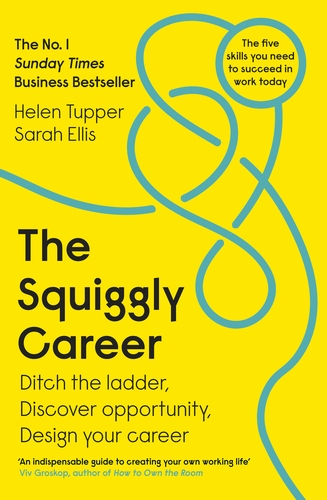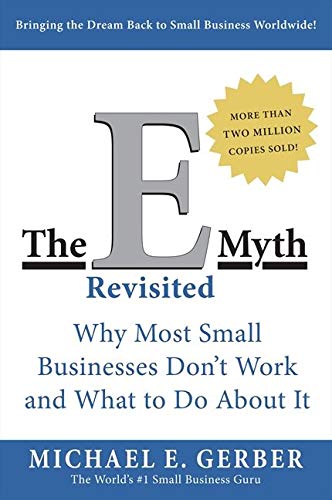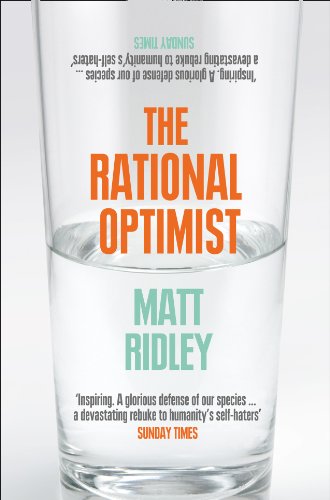An introvert may be exactly who you need: does your culture support them?
Quiet by Susan Cain gives a general discussion of introversion and its associated traits. She highlights how society (and especially business culture) may promote or reward extroversion. This may suppress introverts from making their full contribution. And an introvert may be the exact person you need to solve the problem you’re working on.
One particularly important message is that introverts need to cultivate spaces (time and physical locations) where they can be alone to recharge. Ignoring this makes introverts feel burnt out.
Some points:
- The most creative people are socially-aware introverts.
- Alone, quiet time can be highly creative
- Big, open plan offices tend to reduce productivity and creativity
- [This is highly reminiscent of Cal Newport’s DeepWork]
- Introverts tend to prefer deep & meaningful conversations than small talk
- For ideas and academic work, the hierarchy of creativity is: online collaboration >> individual work >> group brainstorm
- Introverts are often more observant because they are ‘highly reactive’ to novel stimuli
- When stressed or tired, the pre-frontal cortex is less able to modulate the output from the amygdala
- For introverts, this manifests as becoming more introverted
- [This reads like the neuro-psychological explanation of changes in mood in response to Kahneman’s System 2 depletion]
- Introverts can sustain acting out of character (i.e. being more extroverted) when it is for something that they are passionate about
- Find projects you are passionate about:
- Think about what you wanted to be as a child and why; what underlying meaning does it have?
- Which aspects of your job do you tend to gravitate towards?
- Who or what are you jealous of?
- Develop ‘restorative niches’ at home and at work. These are the places that introverts can go to gain energy back after a meeting (or similar)
Cain clearly articulates how many people who are widely admired were actually introverts, though we tend to remember specific extroverted attributes about them. She also specifically contrasts the image of a passionate, creative introvert against the traits promoted by people like Tony Robbins. She does also describe that, whilst most of the book describes introversion/extroversion as a binary trait, it is in fact on a continuum.
Sometimes I feel that I read one book and it suggests that a single psychological trait is most important. Then I read another highly persuasive text that convinces me it is another. I am unsure precisely how grit, introversion/extroversion, and fixed/growth mindset all fit together. I suspect that many of the most successful individuals would score ‘well’ on several scales. So perhaps they are describing the same phenomenon but from different perspectives.
More books like this:
- Mindset by Carol Dweck
- Grit by Angela Duckworth
- Deepwork by Cal Newport
Useful links:
